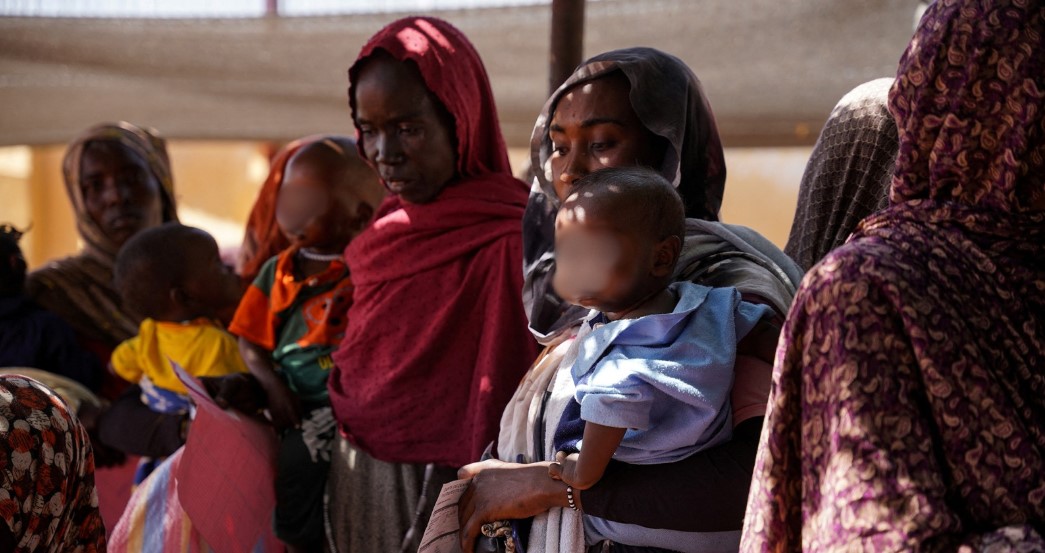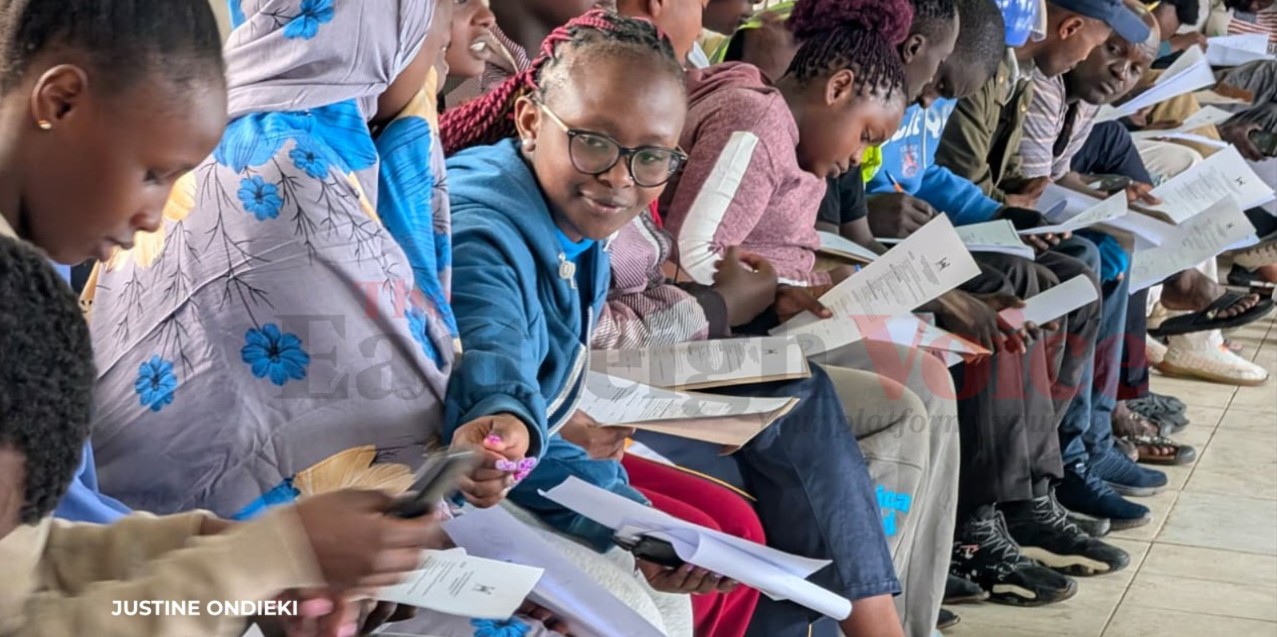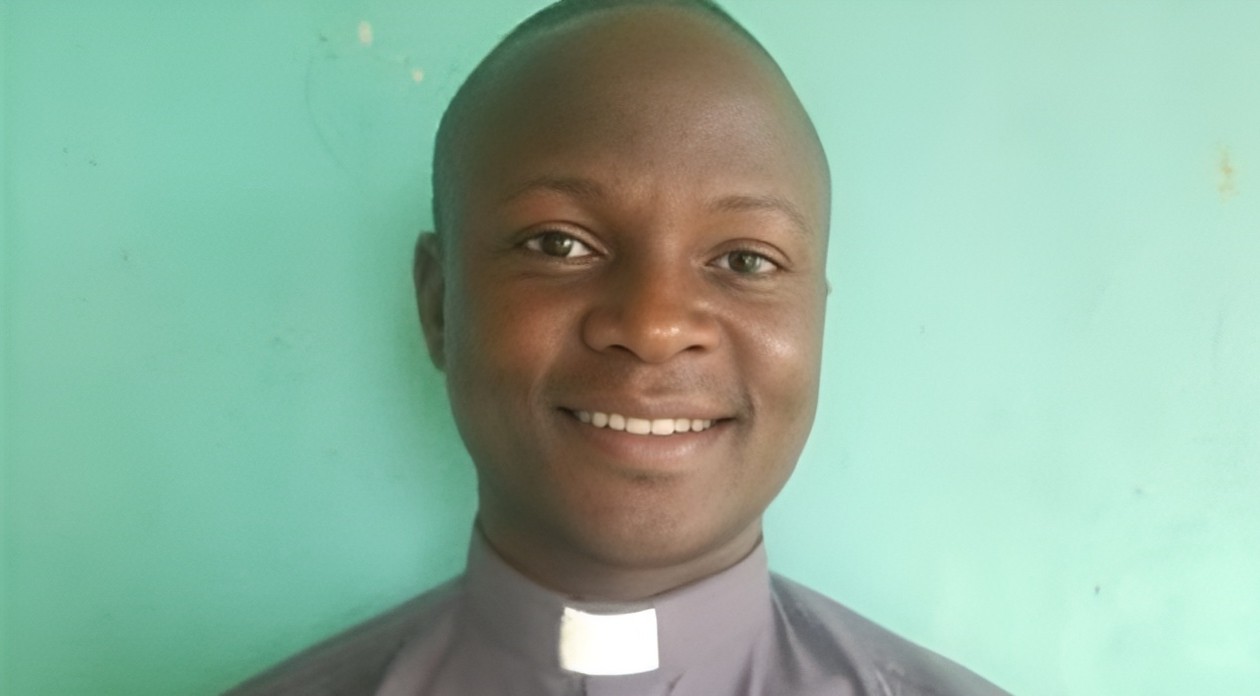Sudan's humanitarian crisis worsens as forgotten war continues

18 million people are suffering from hunger in Sudan, according to United Nations, statistics which support Feras' analysis of Omdurman.
For over a year, a forgotten war has been raging in Sudan. Thousands of civilians have lost their lives and millions more have had to flee their homes.
Hospitals and places of worship have been bombed, while makeshift cemeteries are dug on waste ground to bury civilians caught in the crossfire.
BBC reporter, Feras Kilani, detained by government forces before the conflict, returned to witness the destruction and possible war crimes being carried out in a war the world forgot.
More To Read
- UN Secretary-General condemns ‘horrific’ drone strike on peacekeepers in Sudan
- Nine dead, 17 injured in RSF drone strike on Sudan’s Dilling military hospital
- Sudan war: Aid teams say deal struck to reach stricken El Fasher
- Maternal and newborn health in crisis as millions born in conflict zones, Save the Children warns
- South Sudan deploys forces to secure Heglig oil field after Sudan RSF capture
- UN warns human rights face growing threats worldwide in 2025 as funding for activists falls
Despite ongoing fierce fighting, Feras says there is little sign of an end to violence.
Feras and fellow journalists, escorted by a government minder, entered Omdurman, now a ghost town with its once bustling streets deserted.
"The first shock for us was the amount of destruction. Several districts were completely destroyed by warplanes and artillery. That's really, really sad to see. You know, the old market in Omdurman is one of the most beautiful places in the country," Feras said during a BBC correspondent, featured in the Africa Eye released on Sunday.
Feras also narrated how Omdurman, the second-most populous city in the country, was looted and destroyed.
18 million people are suffering from hunger in Sudan, according to United Nations, statistics which support Feras' analysis of Omdurman.
The war has also affected women, with a major global doctor's group reporting a troubling rise in preventable deaths among pregnant women since the onset of Sudan's yearlong civil war.
Even prior to the recent surge in violence, Sudan had one of the world's highest maternal mortality rates. Now, in Darfur, critical care for expectant mothers is scarce, exacerbating mortality rates.
Oliver Behn, the director of operations and advocacy for Medecins Sans Frontieres (MSF, or Doctors Without Borders), emphasised in a recent interview with PassBlue that the 13-month-long bitter conflict in Sudan, which he describes as a "largely neglected and forgotten" one, has significantly worsened mortality rates.
In the embattled Darfur region, healthcare providers are grappling with severe resource constraints as they strive to meet the needs of the approximately six million people affected by the ongoing crisis. It's noteworthy that Darfur was the site of a genocide in 2004, with thousands of deaths reported.
Medecins Sans Frontieres (MSF) has reported that it is the only global organisation providing medical care in El Fasher, the capital of North Darfur, where fighting is currently concentrated in the war between the Sudan Armed Forces Gen. Abdel Fattah al-Burhan and the Rapid Support Forces' Gen. Mohamed Hamdan "Hemedti" Dagalo.
El Fasher South Hospital, the only functioning medical facility in the city, was forced to suspend operations after a violent attack by the Rapid Support Forces over the weekend.
On Saturday evening, RSF forces stormed a hospital, assaulting patients, staff, and visitors, and looting money, mobile phones, and an ambulance.
After intense fighting, the army and its allies were able to repel the attack.
Top Stories Today














































